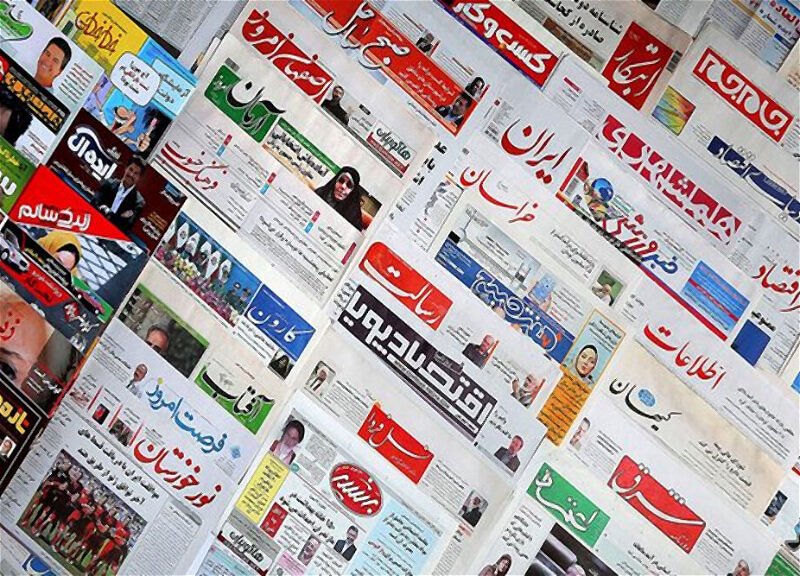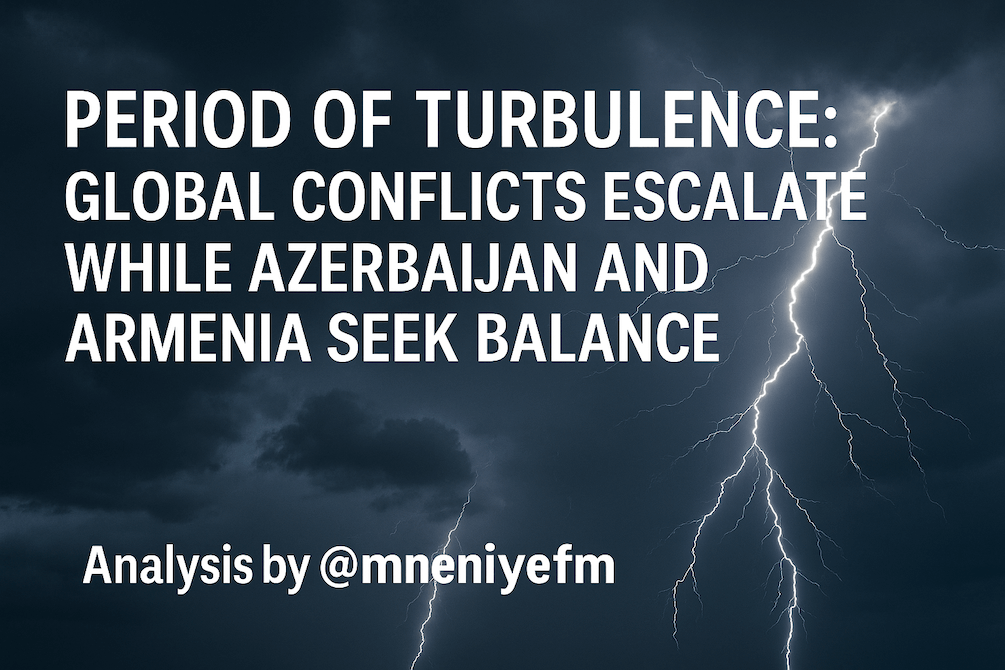By Rustam Garakhanli
Baku, July 18, 2025 — In the South Caucasus chessboard, Moscow’s confrontation with the region now runs through the Armenian Church in Yerevan and the Azerbaijani diaspora in Russia. The Kremlin remains stubbornly attached to a 200-year-old script, clinging to the belief that the methods of Griboyedov and Paskevich can still be effective in the 21st century. But in Moscow, there’s little appetite to remember how both of those imperial agents met their end.
What’s unfolding now is a clear sign that Russia has lost its traditional levers of manipulation—its once-reliable “divide and rule” toolkit is all but obsolete. In Armenia, the Pashinyan government has taken a scalpel to Moscow’s last emissaries, jailing priests affiliated not just with the Armenian Apostolic Church, but allegedly with the Russian Orthodox Church as well. In Azerbaijan, Baku continues with principled resolve the prosecution of Ruben Vardanyan—Moscow’s former proxy in Karabakh.
The most meaningful outcome of the recent Pashinyan-Aliyev meeting in Abu Dhabi is this: the leaders of Armenia and Azerbaijan are learning to manage their disputes without Moscow’s mediation—even amid intense Russian geopolitical pressure. Just before the summit, Pashinyan made a landmark visit to Turkey and was welcomed by President Erdoğan, signaling that Russian influence is pushing Yerevan not back into Moscow’s orbit, but deeper into cooperation with Ankara and Baku.
The irony is stark. In Moscow, either they don’t understand what’s happening, refuse to understand, or are simply powerless to change it. So the Kremlin lashes out symbolically—banning Azerbaijani fruits and vegetables, or quietly expressing frustration over Armenian brandy shipments. Imperial egos may be bruised, but history isn’t just repeating itself—it’s being rewritten. And this time, the pen is in Azerbaijan’s hands.
Last week, Armenian Prime Minister Nikol Pashinyan admitted that failing to recognize Azerbaijan’s territorial integrity before 2022 was a strategic mistake. While it may sound like a belated gesture of goodwill, the subtext is far more telling: Armenia placed too much faith in Russia and the Collective Security Treaty Organization (CSTO), only to be disappointed.
Translated into plain speech, Pashinyan’s statement means: “We thought Russia would fight Azerbaijan for us. We were wrong.” His moment of reckoning came when, in response to requests for support, the CSTO told Yerevan, “Your borders are not clearly defined.” Pashinyan’s government was left asking: Where, exactly, does our red line begin? And does anyone—including ourselves—recognize it?
This rhetorical collapse shakes not just Armenia’s trust in Moscow, but also undermines another regional actor: Iran. If Yerevan can’t define its red lines, what weight do Tehran’s declarations about red lines beyond its borders carry?
Before the Abu Dhabi meeting, Western media floated reports suggesting that a private U.S. security firm might oversee security for the prospective Zangezur corridor—a claim later echoed by the U.S. Ambassador to Turkey. Tehran’s noticeable silence in response was telling. One leaked report even suggested Iran had been quietly given the green light to build a perpendicular railway to the corridor—perhaps as a way to ease its fear of regional isolation following the 12-day conflict with Israel. In geopolitics, silence often speaks volumes—and fear sees shadows where none exist.
A curious historical footnote adds perspective. During the Crimean War, British General Sir Colin Campbell ordered his 93rd Highland Regiment to form in just two lines, rather than four, to widen their defensive front. Because the soldiers wore red coats, the scene became etched into military and political vocabulary as the “thin red line”—a symbol of resolve and readiness for sacrifice. Though the battle was delayed, the imagery stuck.
Whether Iranian officials are aware of this origin is unclear. But the lesson remains: red lines require not just rhetoric, but the courage and capacity to defend them. Neither Russia to the north, nor Iran to the south, appears to possess much of either today.
Checkmate.










